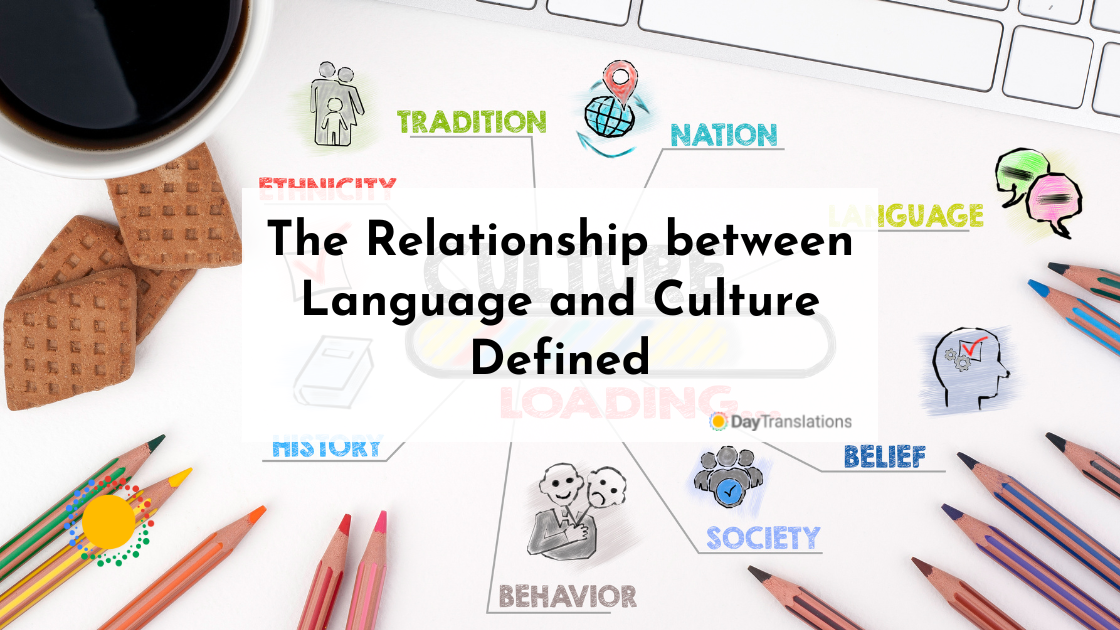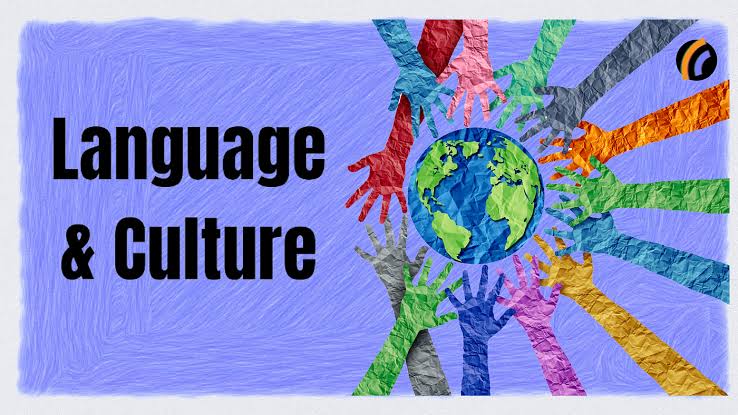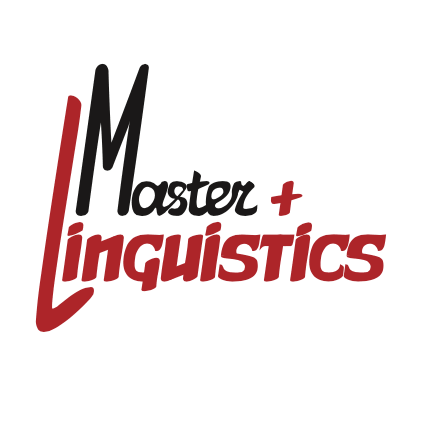Language and Culture 2023-2024
Topic outline
-

The relationship between language and culture is a complex one. The two are intertwined. A particular language usually points out to a specific group of people. When you interact with another language, it means that you are also interacting with the culture that speaks the language. You cannot understand one’s culture without accessing its language directly.
When you learn a new language, it not only involves learning its alphabet, the word arrangement and the rules of grammar, but also learning about the specific society’s customs and behavior. When learning or teaching a language, it is important that the culture where the language belongs be referenced, because language is very much ingrained in the culture.
The phrase, language is culture and culture is language is often mentioned when language and culture are discussed. It’s because the two have a homologous although complex relationship. Language and culture developed together and influenced each other as they evolved. -

This course provides an introduction to the study of language in its relationship with culture and society. Language and Culture course offers an exploration of the relationship between language, social factors and culture, multilingualism, language variation, and theories about how language is shaped by, and in turn shapes, our understandings about the world, social relations, identities, and power. This course offers a coherent interdisciplinary curriculum with coursework that will provide theories and analytical frameworks to explore language use and variation across cultures and social contexts. Students receive foundational knowledge of the two disciplines, linguistics and anthropology, and will be immersed in sustained inquiry of social, cultural and linguistic systems, with a focus on the interdependence of these systems. The major enables students to perform analyses of language use to investigate the nature of language and power, language use and identity construction, language and world-view, gendered speech, discourse styles and social roles and relations, and cultural traditions and language arts. The major also involves consideration of issues of bilingualism and multilingualism, and related issues of language ideology and policy.
Teaching session: Sundays at 8h00
Hourly volume : 1h30
Credit: 01
Coefficient : 01
Assessment Mode: Formative Evaluation + Summative Evaluation
-
Teacher: Dr. BOULANOUAR Sara
Email: sara.boulanouar@univ-msila.dz

-
Targeted Audience: First Year Master Students enrolled in Linguistics speciality.

-
Google Meet™ for Moodle
Click here to access the online lecture
-
Chat
-
-
Learning Outcomes:
At the end of the lecture students will be able to:
- Define Culture and its components ;
- Identify the basic elements of culture;
- Recognize aspects of tangible and un-tangible culture;
- Characteristics of Culture;
- Be familiar with Dominant culture, Sub-Culture, Co-culture.....
- Raise awareness about the differences in cultures.
-

-
Forum
This is safe place to share and exchange about Lecture 1
-
-

-
Forum
-
AssignmentOpened: Wednesday, 11 October 2023, 12:00 AM
-
-

